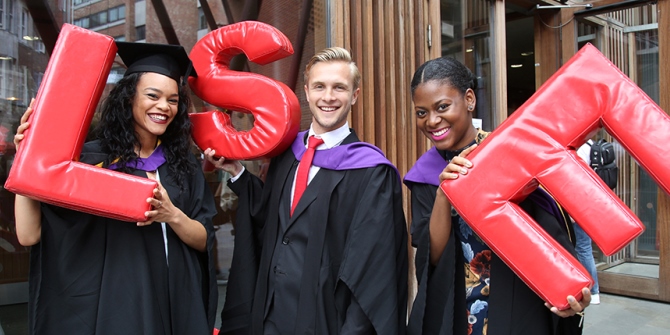By Helen Traill – @TraillHelen
My research into community growing projects and the film I, Daniel Blake seem initially to have little in common. Yet they both engage with a critique of the way our society deals with people in need. The indictment of the benefits systems in I, Daniel Blake is a powerful one. In moving, simple terms, it provokes the audience with its portrayal of the effects of the benefits system on human lives. I left the cinema with one question: how is it possible to help? Community growing projects do offer a possible answer, but a limited one.
I, Daniel Blake foregrounds the propensity of the benefits system to dehumanize, pigeon-hole and otherwise unhelpfully standardise the messiness of need. One character is referred to a food bank, where one of the film’s most powerful and moving scenes happens. In this space, her needs are to some extent met in the short-term. She is given food and household goods, and her children are entertained and given juice and biscuits. Spaces like food banks have become vital support systems for those who are struggling in food poverty. Recent figures from the Trussell Trust suggest their use continues to increase.
In my research, I came across a Community Cafe whose work offers an alternative to food banks. Affiliated with one of my case studies, it gets some of its ingredients from a local Community Garden. They provide free, vegetarian, three course meals (with optional donations) every week. They value eating together and have over the years incorporated music and cookery demonstrations into their work. The work they do is greatly valued and a high proportion of those who go along live with long-term mental health difficulties, physical disabilities, or who are lonely or socially isolated. Many of them rely on benefits in one form or another. The café is a safety net of sorts – a way of getting a nutritional meal and social connection. Being known there and treated as a full, valuable being has a powerful way of rehumanizing people.
Yet the benefits system was designed to be that safety net – an institutional means to keep people from extreme poverty. There is a limit to what community gardens and food banks can do. Community gardens and urban agriculture have been shown to be insufficient to evenly address food poverty. Equally, food banks and cafes provide a short-term fix to a deeper problem. The Community Café invites along the Citizens Advice Bureau which, alongside the knowledge sharing on the benefits system that occurs organically between people gathered at the café, gives a means of understanding how they can challenge decisions like sanctions. The café is a place people can learn how to avoid sanctions in the system. However, there is little will for a more political engagement with the problem. People know the system was flawed, but they are often disillusioned about their ability to change it. Few community gardens or food banks can afford to be political either because of their reliance on donations and charitable or government funding.
The Community Café does as the food bank in I, Daniel Blake does – it cares for people, gives them food and tries to support them as best they can. Café volunteers talk to attendees’ children, as in the film. Participants at the café even look at each other’s holiday photos, if they are fortunate enough to go away. Yet these kind of projects don’t address the much larger problem. They rely on the kind of voluntary labour that neoliberalism has been critiqued for relying on, while rolling back the welfare state. To this end, some have argued that, in the case of community gardens at least, they have been co-opted into the neoliberal project. (Good discussions of this contested analysis in Rosol, 2010; Pudup, 2008 and McClintock, 2014)
The real indictment of I, Daniel Blake was the benefits system failing those who need it most. Community gardens and food banks help people in the short term but they need a wider movement to challenge welfare cuts, the defunding of services and the politics of austerity for long term change. In the meantime, the vital work of those on the front line of food poverty continues, under great pressure and with little signs of that pressure ceasing.
References
McClintock, Nathan. 2014. “Radical, Reformist, and Garden-Variety Neoliberal: Coming to Terms with Urban Agriculture’s Contradictions.” Local Environment 19 (2): 147–71. doi:10.1080/13549839.2012.752797.
Pudup, Mary Beth. 2008. “It Takes a Garden: Cultivating Citizen-Subjects in Organized Garden Projects.” Geoforum 39 (3): 1228–40. doi:10.1016/j.geoforum.2007.06.012.
Rosol, Marit. 2010. “Public Participation in Post-Fordist Urban Green Space Governance: The Case of Community Gardens in Berlin.” International Journal of Urban and Regional Research 34 (3): 548–63. doi:10.1111/j.1468-2427.2010.00968.x.
About the author: Helen Traill is a doctoral researcher based in the department of Sociology at the LSE. She is engaged in a study of community gardens in Glasgow, looking specifically at their engagement with the idea and practice of community and the way that shapes their relationship with wider urban social processes.




